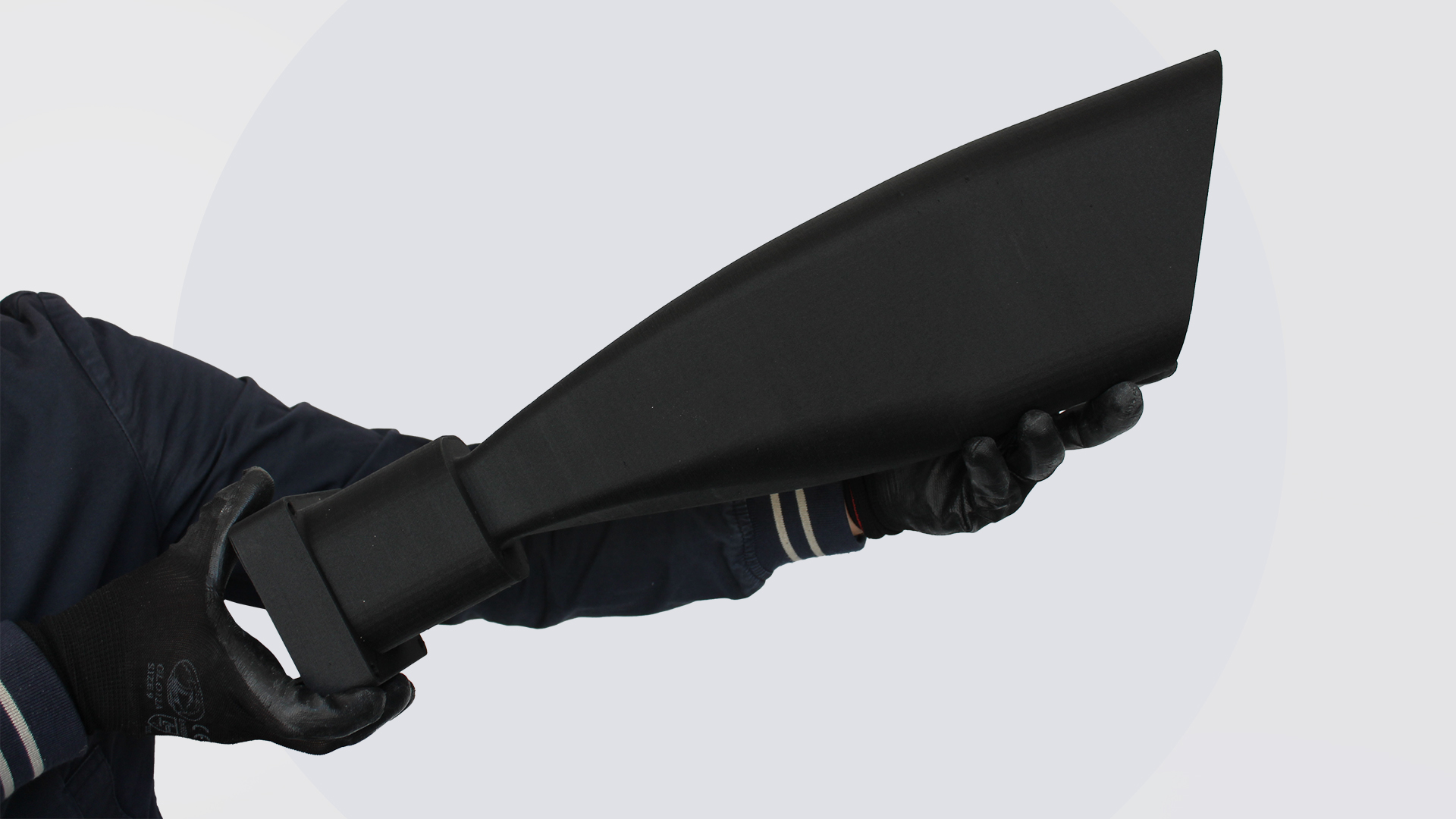
Metal Replacement Advantages: Lightweight and Specific Resistance
Lightweight
Polymers are notable for their unmatched lightweight properties as a result of their density values ranging from 0.9 g / cm 3 and 1.3 g / cm3.
If we were to compare polymers to metals, lower mechanical properties would be clearly noted. As engineering polymers, such as those with carbon fiber Carbon PA (a carbon fiber reinforced polyamide) and super-polymers, such as PEEK, possess a high strength / weight ratio. Put simply, studies show polymers possess high mechanical properties, such light aluminum alloy replacement, as a result of their low density.
| Material | Density (g/cm3) | Traction Resistance (MPa) | Traction Modulus (GPa) |
|---|---|---|---|
| Aluminum Alloys | 2.7 | 200 | 70 |
| Roboze Carbon PA | 1.4 | 138 | 15* |
| Roboze PEEK | 1.3 | 89 | 3.4* |
Specific Resistance
The graph in gallery demonstrates the specific resistance values obtained by comparing material tensile strength and density.
Based on this data analysis we can clearly conclude that PEEK or Carbon PA compounds are 2 times lighter than aluminium alloys while also maintaining stiffness and strength.
The combination of its exceptional lightweight and resistant properties make polymers ideally suited for the following sectors:
- Automotive
- Motorsport
- Aircraft
- Aerospace
The lightweight factor is fundamental in sectors where reduced consumption and emissions, as well as increased performance of the vehicle or aircraft is required.
